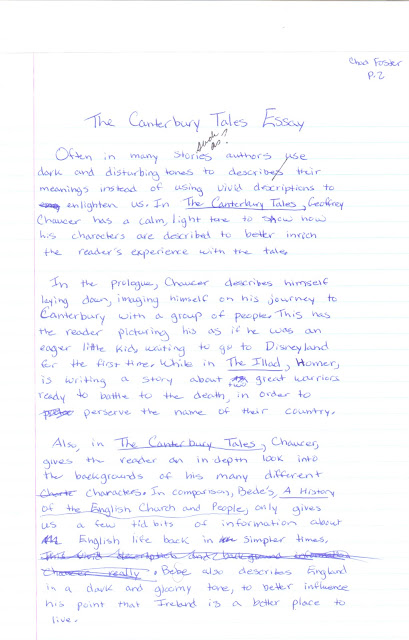Thursday, September 29, 2011
Wednesday, September 21, 2011
Kafka on the Shore
1) Kafka on the Shore is a coming-of-age story told in a magical realist style. The story concerns two men: Kafka Tamura, a fifteen-year-old boy from Tokyo running away from an emotionally abusive father; and Nakata, an older man who can communicate with cats. These two travel throughout the south of Japan in search of the mysterious entrance to a spiritual realm.
2)The power and beauty of music as a communicative medium is a central theme of the novel. I believe that this is the theme because Kafka uses music to calm him down and speak to others. Another reason why is because the novel itself is named after a popular song in those times.
3) The tone of this novel would have to be wisdom. For example, on page 66 it states "Man alive, how'd you get all that blood all over you? What the hell were you doing? But you don't remember a thing, do you. No wounds on you, though, that's a relief. No real pain, either-except for that throbbing in your left shoulder. So the blood's gotta be from somebody else, not you. Somebody else's blood." This shows that Kafka's conscience, "Crow" is really is inner reflection.
4)The main literary element that I can find in this novel is magical realism, the author uses magical realism to describe how Kafka is having sexual relationships with a ghostly woman, who really turns out to be his own mother who he has been searching for the either story.
2)The power and beauty of music as a communicative medium is a central theme of the novel. I believe that this is the theme because Kafka uses music to calm him down and speak to others. Another reason why is because the novel itself is named after a popular song in those times.
3) The tone of this novel would have to be wisdom. For example, on page 66 it states "Man alive, how'd you get all that blood all over you? What the hell were you doing? But you don't remember a thing, do you. No wounds on you, though, that's a relief. No real pain, either-except for that throbbing in your left shoulder. So the blood's gotta be from somebody else, not you. Somebody else's blood." This shows that Kafka's conscience, "Crow" is really is inner reflection.
4)The main literary element that I can find in this novel is magical realism, the author uses magical realism to describe how Kafka is having sexual relationships with a ghostly woman, who really turns out to be his own mother who he has been searching for the either story.
Subscribe to:
Comments (Atom)


